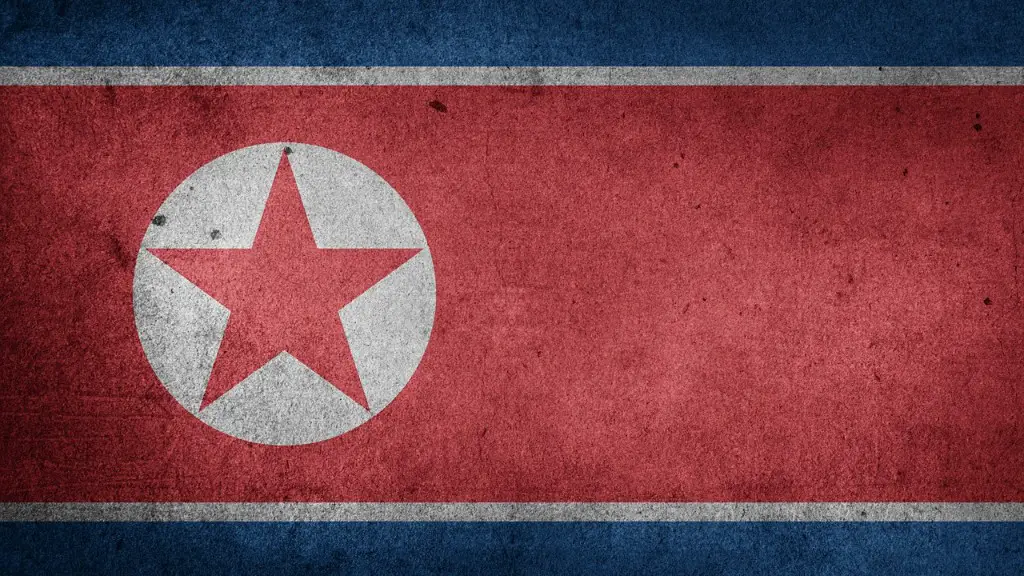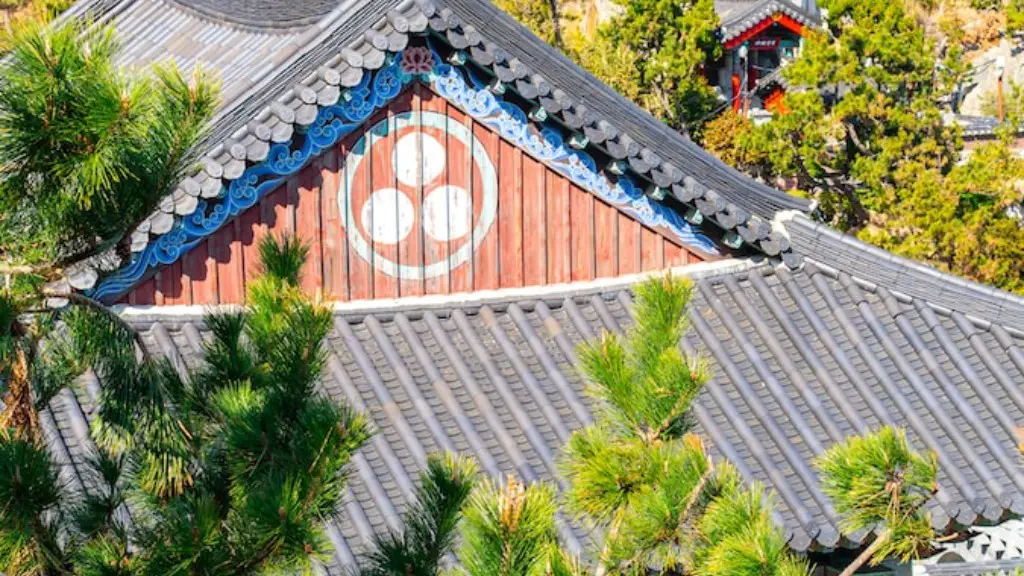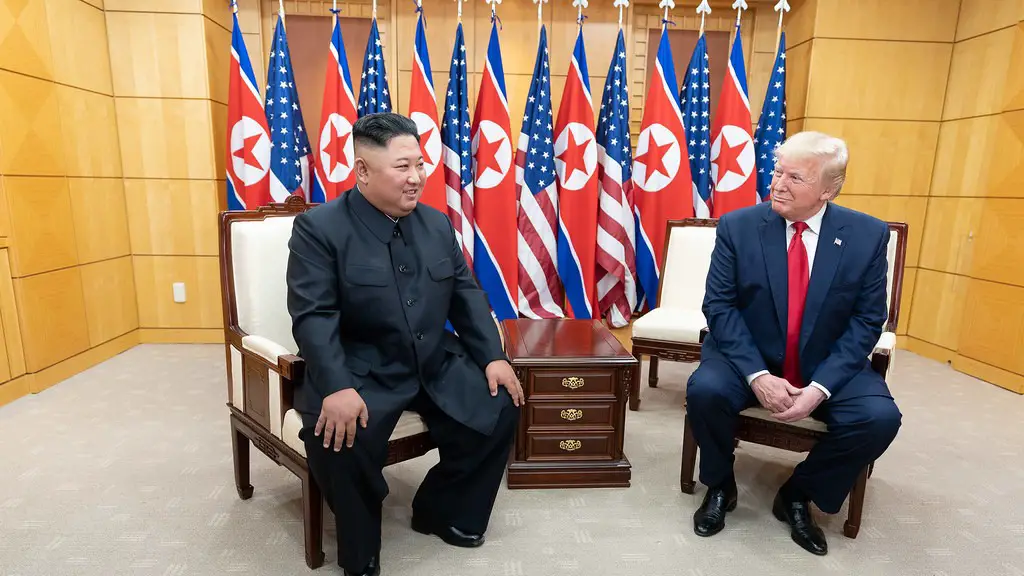Politics
North and South Korea are two countries separated by one of the world’s most heavily militarized borders. In one sense, their differences are the result of historical, political and ideological forces: North Korea is a single-party state with a centrally planned economy, while South Korea is a democracy with a free-market economy. North Korea is one of the most isolated and repressed countries in the world, while South Korea is an Asian tiger. North Korea is ruled by an all-powerful leader, while South Korea has a democratically elected government and an evolving constitution. North Korea is one of the most militarized countries in the world, while South Korea is one of the most prosperous and peaceful countries in the region.
Economy
North Korea is a centrally planned economy with a highly regulated trade and investment regime, while South Korea is a market-oriented economy with relatively liberal trading arrangements. North Korea has a relatively small, centrally planned, and highly inefficient domestic economy, while South Korea has a large and sophisticated economy with a number of key industries. North Korea’s GDP per capita is one of the lowest in the world, while South Korea’s GDP per capita is among the highest in Asia. North Korea has one of the lowest poverty rates in the world, while South Korea has one of the highest.
Culture
The cultural differences between North and South Korea are stark. North Korea is an isolated society with an officially atheist ideology, while South Korea is open and pluralistic with a range of religious and cultural beliefs. North Korea has a highly traditional and conservative culture, while South Korea is a highly modern and liberal society. North Korea’s culture is based on Confucianism and is highly hierarchical, while South Korea has absorbed a number of Western and other influences over the years. North Korea has an ethnically homogenous population, while South Korea has one of the most diverse population in East Asia.
Society
North and South Korea have different societies in terms of education, health and lifestyle. North Korea has the lowest literacy rate in the world and limited access to healthcare, while South Korea has a high literacy rate and excellent access to medical care. North Korea is one of the most socially repressive countries in the world, while South Korea is one of the most socially liberal countries in East Asia. North Korea is a highly isolated society with little technological development, while South Korea is highly connected and technologically advanced.
Relationship between North and South Korea
North and South Korea have a long history of mutual animosity, mistrust and hostility. North Korea rejected South Korea’s reconciliatory gestures, such as the Sunshine Policy, and has continued to develop its nuclear weapons program. South Korea has strengthened relations with the United States and other regional allies to deter North Korean aggression. The two countries still regularly engage in verbal sparring, though a number of small-scale exchanges and diplomatic initiatives have taken place in recent years. The two countries maintain a fragile truce and South Korea, along with its allies, is attempting to put pressure on the North Korea to abandon its nuclear weapons program and join the international community.
International Community
The international community is divided on the issue of North and South Korea. South Korea has received strong diplomatic and economic support from many Western countries, while North Korea has received support from countries such as Russia and China, who are more sympathetic to the North’s situation. North Korea’s nuclear weapons program has earned it the heavy sanctions of the United Nations, while South Korea is a full benefactor of the international community. South Korea is seen as a model democracy and has been applauded by the international community for its accomplishments.
Reunification EffortsReunification efforts are ongoing between North and South Korea, though progress has been slow. South Korea has implemented policies of economic engagement and reconciliation and has sought to resolve the conflict through dialogue, while North Korea has refused to budge and continue to oppose the South on most issues. Despite the opposition and obstacles, there has been some progress in recent years, including the two Koreas holding a historic summit in April 2018. Such efforts will be further strengthened in the coming years and a new era of cooperation and reconciliation between the two Koreas is slowly emerging.
Protests in North Korea
In recent years, protests have begun to erupt in North Korea, despite the oppressive regime. These protests are typically in response to issues such as poverty and human rights violations, and have taken place in major cities such as Pyongyang and Wonsan. While the North Korean government has generally been able to contain these protests, they are a sign of dissatisfaction among the population and mark a new development in North-South relations. As the people increasingly demand more freedoms, it is likely that the North will begin to open up and the prospects for reunification will become more likely.
Economic Sanctions on North Korea
The international community has imposed a range of economic sanctions against North Korea in response to the country’s nuclear weapons development. These sanctions have crippled much of North Korea’s economy and undermined its people’s livelihood. They have also led to increased tensions between North and South Korea, as the South has been forced to limit its economic engagement with the North in order to comply with the sanctions regime. These sanctions have been called into question by some observers, given the North’s extreme poverty and the negative humanitarian consequences of such measures.
South Korea’s Approach to North Korea
South Korea has increasingly sought to engage with North Korea, despite the latter’s continued nuclear weapons development and saber-rattling. South Korean President Park Geun-hye has publicly declared a determination to pursue peaceful reunification and has urgently sought dialogue with North Korea. The South has also taken steps to develop economic ties with the North, such as establishing a joint economic committee and plans for an industrial park. While tensions remain high, South Korea has shown a willingness to continue to explore diplomatic solutions.


